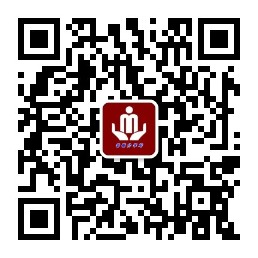问题:
[单选,材料题] The volunteers found the test more difficult when they did it the second time.根据材料,完成下面的题目。
Kicking the Habit
What is a bad habit? The most definition is that it is something that we do regularly, almost without thinking about it. and which has some sort of negative consequence. This consequence could affect those around us, or it could affect us personally. Those who deny having bad habits are probably lying. Bad habits are part of what makes us human.
Many early habits, like sucking out thumb, are broken when we are very young. We are either told to stop doing it by our parents, or we consciously or subconsciously observe that others do not have the same habit, and we gradually grow out of it. It is when we intentionally or unintentionally pick up new habits in our later childhood or early adulthood that it becomes a problem. Unless we can break that habit early on, it becomes a part of our life, and becomes "programmed" into our brain.
A recent study of human memory suggests that no matter how hard we try to change out habits, it is the old ways that tend to win, especially in situations where we are rushed, stressed or overworked. Habits that we thought we had got rid of can suddenly come back. During the study program, the researchers showed a group of volunteers several pictures, and gave them words to associate with them. They then showed the volunteers the same picture again, and gave them new words to associate with them.
A few days later, the volunteers were given a test. The researchers showed them the pictures, and told them to respond with one of the words they had been given for each one. It came as no surprise that their answers were split between the first set of words and second. Two weeks later, they were given the same test again. This time, most of them only gave the first set of words. They appeared to have completely forgotten the second set.
The study confirms that the responses we learn first are those that remain strongest over time. We may try to change out ways, but after a while, the response that comes to mind first is usually the first one we learned. The more that response is used, the more automatic it becomes and the harder it becomes to respond in any other way.
The study therefore suggests that over time, our bad habits also become automatic, learned behavior. This is not good news for people who pick up bad habits early in life and now want tochange or break them. Even when we try to put new, good intentions into practice, those previous learned habits remain stronger in more automatic, unconscious forms of memory.
Boys usually develop bad habits when they are very young.
A . Right
B . Wrong
C . Not mentioned
参考答案:C
参考解析:
【题干】志愿者们发现第二次测试更加困难。
【解析】文章没有提及志愿者是否发现更难。因此答案为C未提及。
【考点延伸】find+名词+形容词的结构中,形容词为补语。

